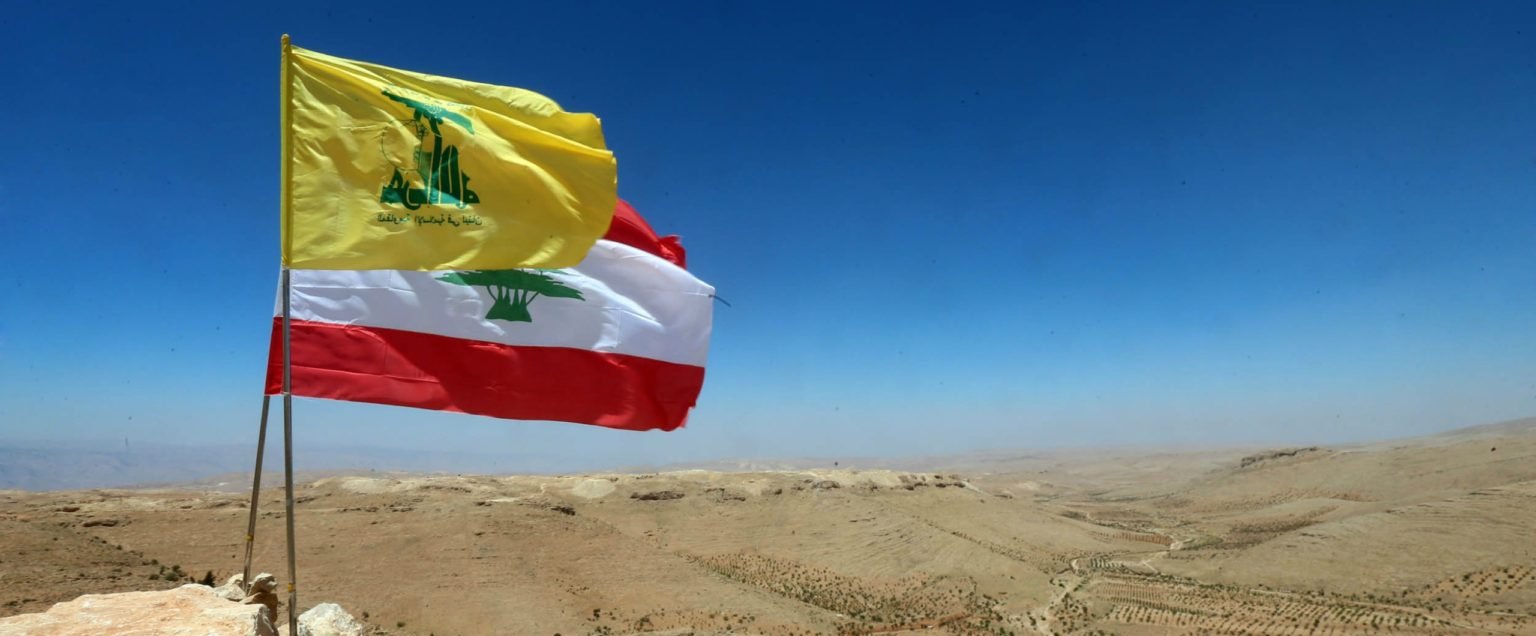A high-ranking official from the Lebanese resistance movement Hezbollah says the United States and its allies in the Middle East are taking advantage of the anti-government protests in the country in order to attain their own political objectives.
Vice President of the Executive Council of Hezbollah Sheikh Ali Damoush said on Wednesday that his movement distinguishes between the righteous demands of protesters and the political schemes of those who are exploiting the mass protest movement to achieve their own goals.
“It is wrong to confuse the sufferings of people and their real demands with the political projects, which seek to take advantage of the state of corruption in the country.”
“It is now clear that the United States and its allies have infiltrated into the ranks of the protest movement, and are trying to guide it. They have a political plot that they want to impose on Lebanon. The economic and corruption issues in Lebanon are their last concerns,” Damoush said.
The senior Hezbollah official then attributed the financial crisis in Lebanon to sanctions imposed on the country, Lebanese companies’ deterrence to invest in Syria due to the fear of triggering Washington’s punitive sanctions on themselves, closure of some banks and financial institutions, and preventing China, Russia and other interested countries from directly investing there.
“America does not intend to address Lebanon’s economic and living conditions, and help the Lebanese get rid of their sufferings. It rather wants to get rid of the elements of their supremacy, including (Hezbollah) resistance movement, to allay Israel, ensure its security and return Lebanon back to the time of weakness. This is what (US Secretary of State Mike) Pompeo meant when he said ‘Lebanon and the Lebanese should be helped to get rid of Iran’s influence,’” Damoush highlighted.
Pompeo wrote on his Twitter page on November 5 that the people of Iraq and Lebanon have a right to free themselves of Iranian influence.
Damoush said Washington seeks to add fuel to the flames of street protests, and is pushing for the formation of a subordinate government in order to implement their projects, which begin with demarcation of borders with the Israeli-occupied territories in accordance with the Tel Aviv regime’s conditions, plunder of Lebanon’s crude oil and natural gas reserves, advancement of settlement projects and targeting the resistance movement.
Prime Minister Saad Hariri submitted his resignation to President Michel Aoun on October 29.
Under the constitution, Hariri’s cabinet would stay on in a caretaker capacity until a new government is formed.
The protests began on October 17 when the government proposed imposing a tax on Whatsapp calls, along with other austerity measures.
Protesters in Lebanon have stopped blocking roads and setting up barricades, and instead shifted to holding sit-ins at state-affiliated sites.
They say they will maintain pressure on the political establishment until their demands for the departure of the ruling elite and an end to chronic economic mismanagement and corruption are met.
Growth in Lebanon has plummeted in the wake of endless political deadlocks and an economic crisis in recent years.
The country hosts 1.5 million Syrian refugees, and their presence is often blamed for putting pressure on the already struggling economy.
Unemployment stands at more than 20 percent, according to official figures.
The Lebanese Finance Ministry says the national debt is hovering around $85 billion, which accounts for more than 150 percent of Gross Domestic Product (GDP).
Successive governments have failed to address a waste management crisis or improve the electricity grid, which is plagued by daily power cuts.



